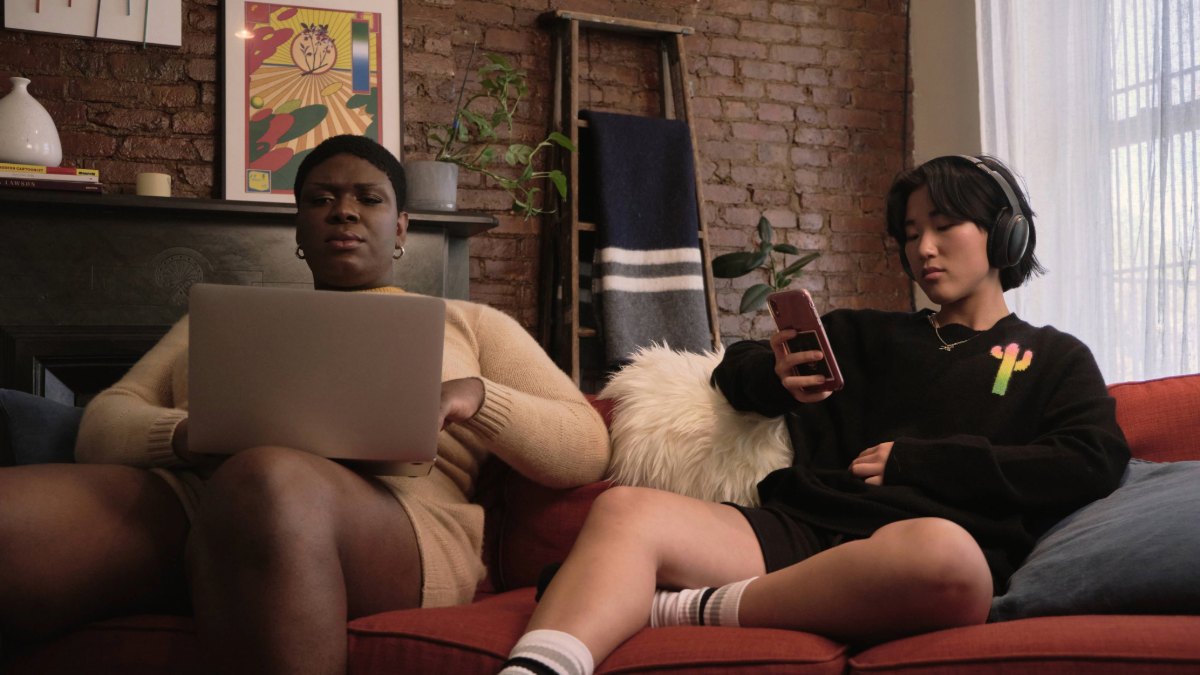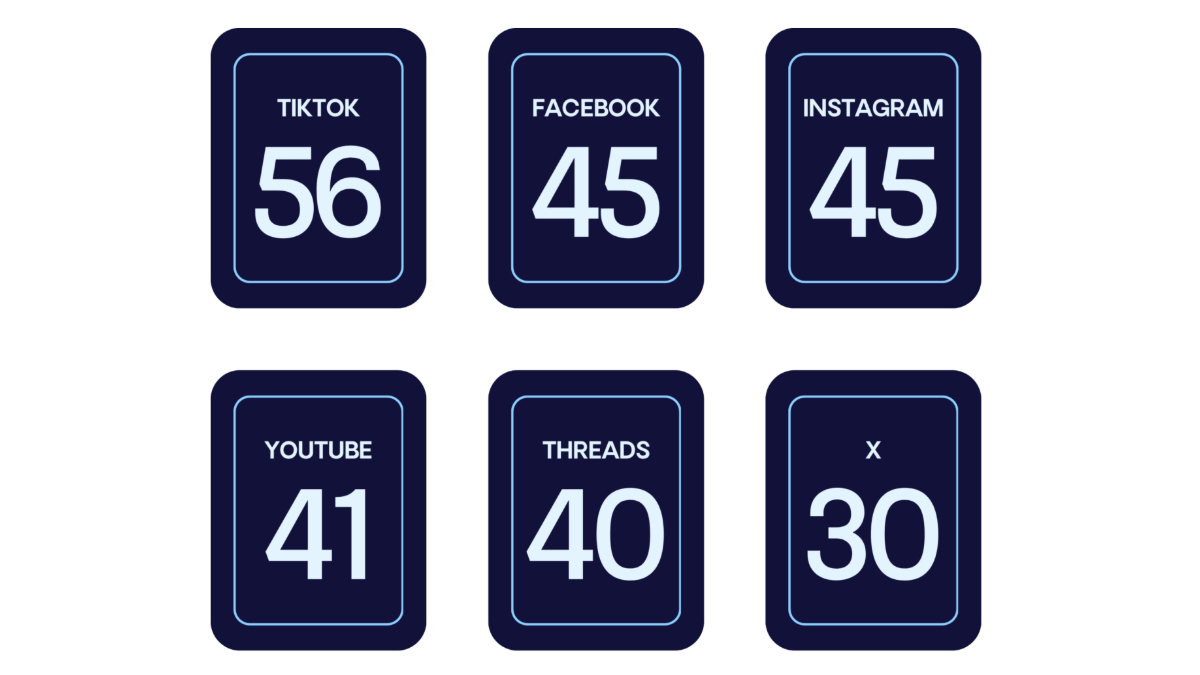TikTok Leads Dismal Pack in LGBTQ Social Media Safety Rankings
Justin Hendrix / May 18, 2025
Two roommates. Gender Spectrum Collection/CC by 4.0
LGBTQ rights and safety are precarious in most of the world, including the United States, where an FBI report recently found that the number of hate crimes against people based on their sexual orientation or gender identity continues to break records. The increase in threats comes alongside increasing suppression of LGBTQ speech and various online harms.
Since 2021, GLAAD—the Gay & Lesbian Alliance Against Defamation—has evaluated major social media platforms, tracking their policies and performance on safety, privacy, and expression for LGBTQ people online. Tech Policy Press has covered prior installments of the Social Media Safety Index in 2021, 2022, 2023, and 2024. For the 2025 version, GLAAD updated its methodology, so it isn’t possible to compare the results to prior years precisely. But consistent with past years, overall, “scores remain extremely low.”
“The landscape of social media platform accountability work has shifted dramatically since GLAAD’s first SMSI report in 2021, with new and dangerous challenges in 2025”, wrote GLAAD President and CEO Sarah Kate Ellis. “The recent major ideological shifts from Meta have been particularly extreme.”
Across 14 indicators developed with reference to the Ranking Digital Rights (RDR) Big Tech Scorecard, the GLAAD Social Media Safety index scores six major social media platforms: Facebook, Instagram, Threads, TikTok, YouTube, and X.

Topline scores from the GLAAD Social Media Safety Index.
TikTok comes out on top of a dismal pack. According to GLAAD, TikTok scores relatively better than other platforms because it offers the strongest protections for LGBTQ users among major platforms, with clear policies against hate, harassment, misgendering, and deadnaming. It explicitly protects public figures and bans harmful content like conversion therapy. TikTok is one of the few platforms with detailed public guidelines explaining how it enforces these rules. But it could still do better:
However, the platform continues to fall short of sufficiently protecting LGBTQ privacy, safety, and expression in other key areas. TikTok should show greater transparency around the wrongful removal and demonetization of LGBTQ-related content and accounts, and clearly explain the steps it takes to address such actions. As recommended to other platforms, the company should also publish corresponding data that sheds light on these processes and protocols.
Others fare worse. This year’s index finds that social media platforms like Meta and YouTube are rolling back hate speech policies, which endangers LGBTQ users. Platforms are failing to enforce their own rules against anti-LGBTQ hate and disinformation while also disproportionately censoring LGBTQ content. And, companies continue to lack transparency in how they moderate content and protect user data. X comes in last place on this year's index; GLAAD was once an organizational member of the Twitter Trust & Safety Council, which was disbanded under Elon Musk.
The recommendations in this year’s index are similar to those in the past. Platforms should reinforce protections against LGBTQ hate and misinformation while ensuring LGBTQ voices aren't unfairly censored. Moderation must improve through mandatory, inclusive training and should rely on AI only to support, not replace, human review. Companies need to be transparent about their moderation processes, algorithms, and enforcement practices by working with independent researchers. And, they should protect user privacy by minimizing data collection and ending surveillance-based advertising, while actively promoting respectful online behavior.
"Although the current state of LGBTQ social media safety may seem worse than ever, GLAAD continues to work with all platforms to improve their products, speaking out as a constant voice of advocacy urging all companies to protect LGBTQ people, and especially trans people, online," the report authors write. Whether such efforts will help lead to improvement in next year's index is an open question.
Authors
